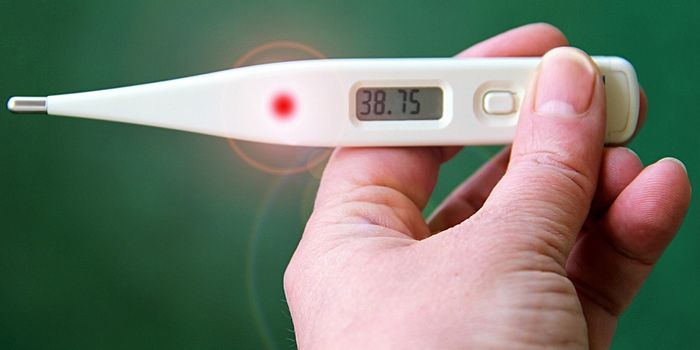Sugar Cravings? Don't Trust Your Gut.
Trying to cut down on sugar? There is certainly no shortage of alternatives—aspartame, saccharin, and sugar alcohols. Artificial sweeteners have been developed to add a low-calorie splash of sweetness to food and drinks, mimicking the flavor of natural sugars.
Sugar cravings are often attributed to poor eating habits and a lack of willpower to resist treats in favor of healthier options. Interestingly, a study published in the journal Nature Neuroscience says that it's not the mind that's making you feel like indulging in sugar but cells in the gut. These so-called neuropod cells can transmit and receive signals from the brain via neurotransmitters.
According to lead researcher Duke University's Diego Bohórquez, neuropod cells can tell the difference between 'real' and artificial sugars and influence the brain to crave a sugar hit. The scientists discovered that neuropods are the tastebuds of the gut and could explain why artificial sweeteners don't curb sugar cravings.
"These cells work just like the retinal cone cells that are able to sense the wavelength of light," commented Bohórquez. "They sense traces of sugar versus sweetener and then they release different neurotransmitters that go into different cells in the vagus nerve, and ultimately, the animal knows 'this is sugar' or 'this is sweetener.'"
The researchers tested their hypothesis in an experimental model that used miniaturized lab-grown gut tissues known as organoids. This enabled them to trace the neurotransmitter signals emitted when the glucose sensor cells were fed different types of sweeteners. The assays were powered by an advanced technique known as optogenetics which uses beams of light traveling down flexible fibers to trace the silencing and activation of neuropod cells.
"By swiftly discerning the precise identity of nutrient stimuli, gut neuropod cells serve as the entry point to guide nutritive choices," concluded the authors.
The study's findings suggest that you might want to think again before "trusting your gut," especially when it comes to a hankering for sweet foods. On a promising note, in a series of experiments in mice, the researchers were able to change eating habits by modifying gut cells on a molecular level.
Over 29 million people in the United States have diabetes, and around 8 million more may be undiagnosed. These observations reported by Bohórquez and colleagues may offer hope for future gut-targeting therapies to help people make healthier choices.









